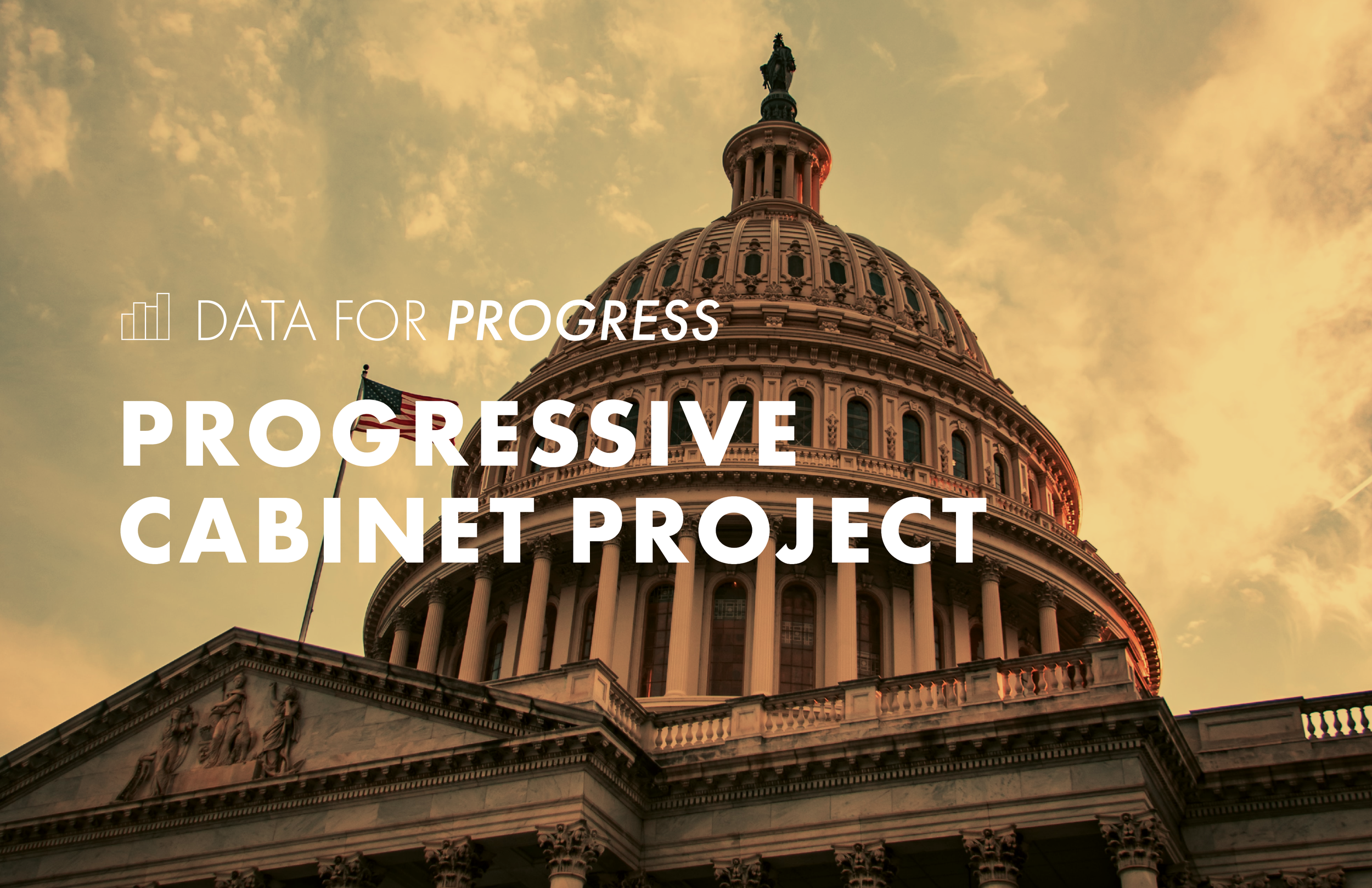Memo: Even with Millions Spent Against it, a Progressive Pharmaceutical Agenda Can Win
By
Sean McElwee, Executive Director, Data for Progress;
Brian Schaffner, Newhouse Professor of Civic Studies, Tufts University
Executive Summary:
On December 10, Democrats in Congress passed the Elijah Cummings Lower Drug Costs Now Act, which would allow Medicare to negotiate the price of many drugs with pharmaceutical companies and would prevent drug prices from rising faster than the rate of inflation. It is likely that H.R. 3 will be outspent on the airwaves by the right. This polling memo explores a new, innovative experiment designed to test how this spending could affect support for the policy and for Democrats in the 2020 election. We test opposition messages—even deceptive ones—in a five-way split sample, with a control. We find that H.R. 3 is durable to arguments, both when delivered by Republicans and when delivered by a “coalition of pharmaceutical companies and unions.” We also explore some other, over-the-horizon progressive pharmaceutical ideas, which enjoy strong support.
Even facing incredibly aggressive opposition messaging, H.R. 3 has strong support among registered voters.
Even in the scenario when neither a description of H.R. 3 nor a pro–H.R. 3 message was presented, Democrats perform strongly on the generic ballot.
Fewer than one-third of registered voters oppose the legislation in all but the most unflattering description. And even with that most unflattering description, only 38 percent of voters oppose H.R. 3.
Several over-the-horizon progressive pharmaceutical policies have strong support among the general public.





